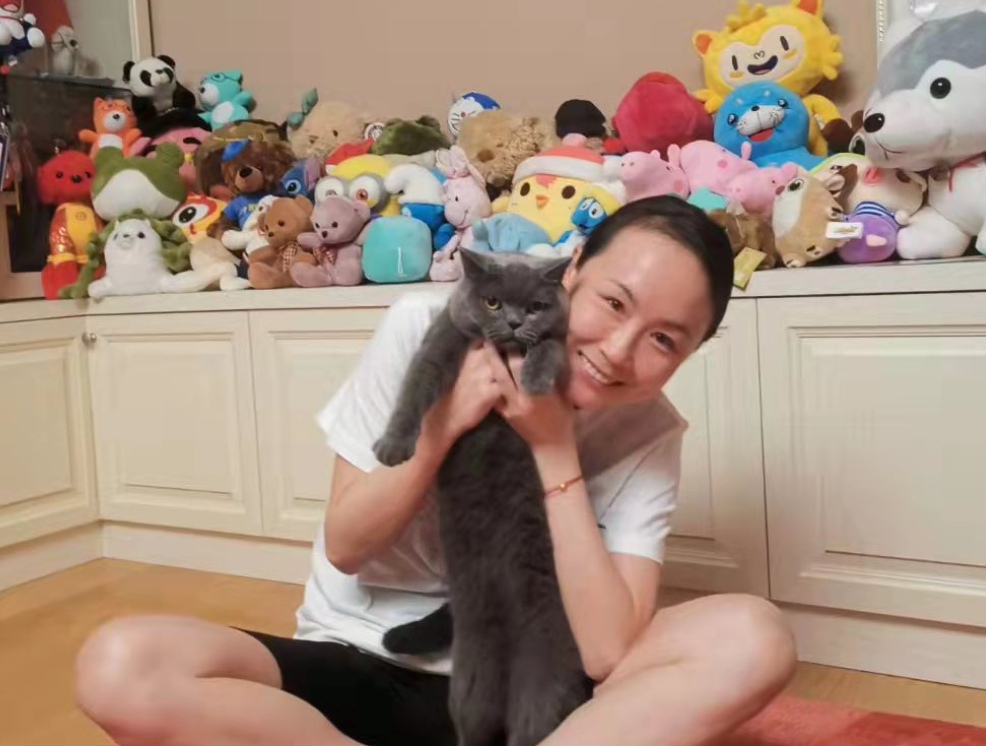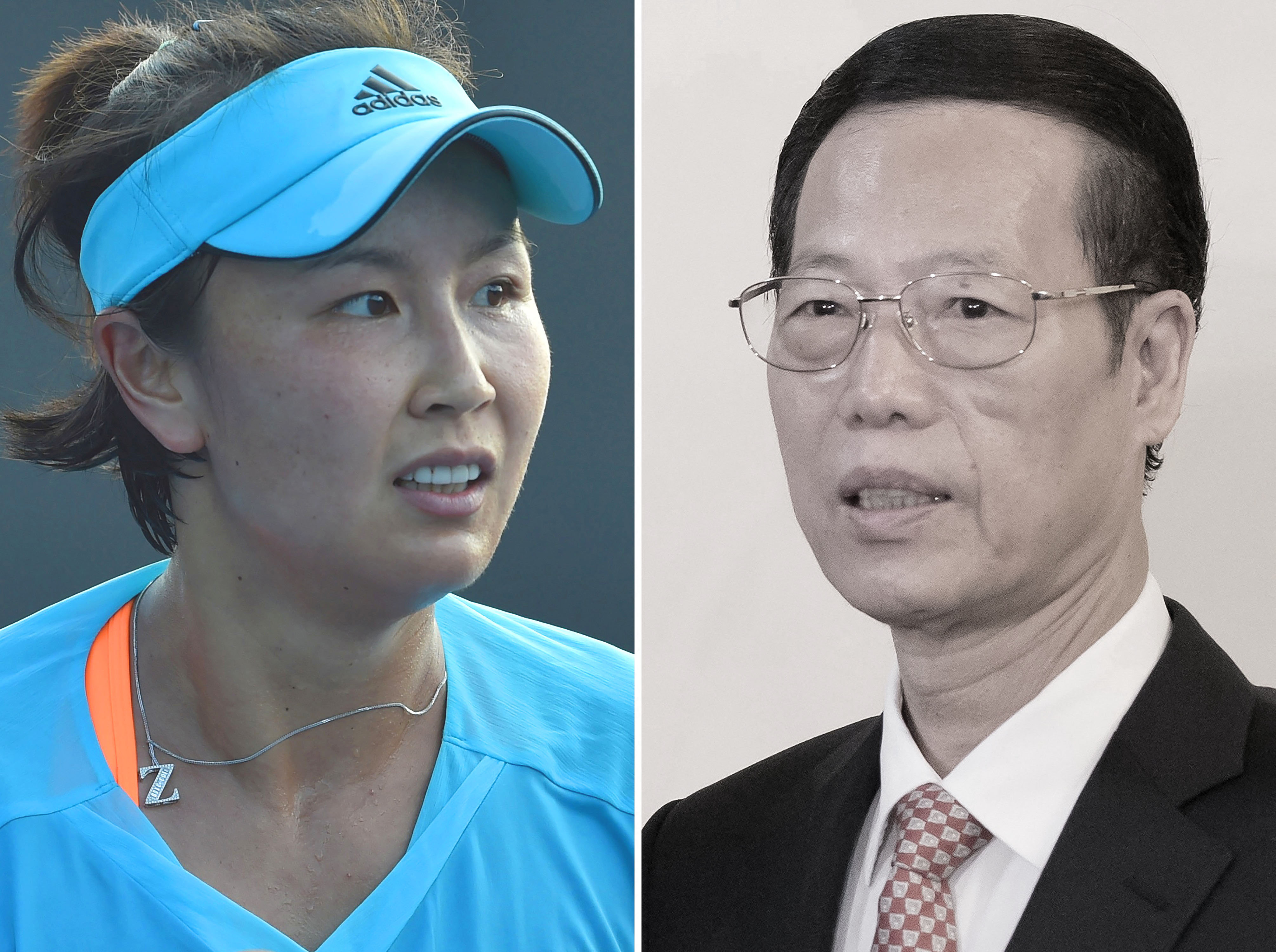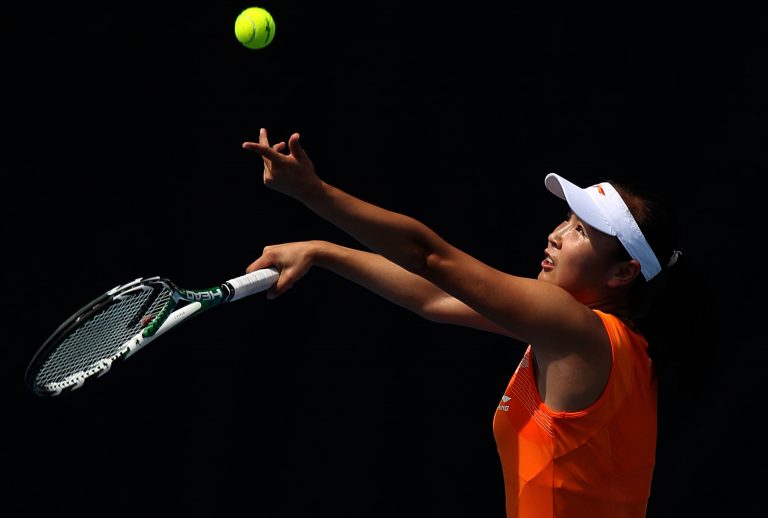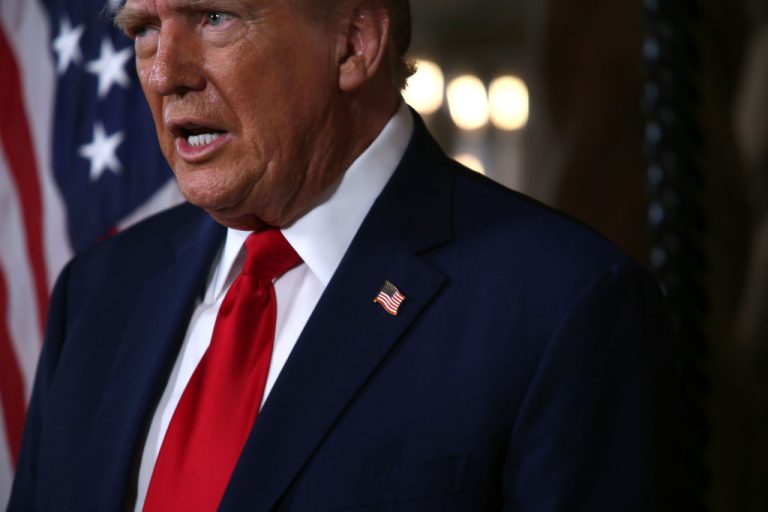News analysis
Chinese tennis star Peng Shuai came out on social media to make a prominent “#MeToo” allegation against China’s former vice premier Zhang Gaoli. Her Nov. 2 post was quickly scrubbed from the internet and she disappeared from the public view.
Fearing that Peng had suffered the fate of many a Chinese dissident, the international community began demanding that China address concerns about her whereabouts and provide proof of her safety. In the third week of her disappearance, several tennis stars, including Naomi Osaka, Serena Williams, and Novak Djokovic, began publicly asking about Peng Shuai. They were later joined by Women’s Tennis Association (WTA) head Steve Simon, various human rights organizations, the United Nations, and countries like Australia, France, the United Kingdom, and the United States.
The high-profile inquiries into Peng Shuai’s safety jolted the Chinese Communist Party (CCP) into action. On Nov. 17, state mouthpiece CGTN released an email that was reportedly sent by Peng to WTA’s Steve Simon claiming that her allegation of sexual assault “is not true” and that she is neither missing nor unsafe. Observers, however, quickly queried the suspicious presence of a cursor in CGTN’s image of the email and Simon issued a statement doubting the authenticity of the email.
Three days later, a state media reporter tweeted photos of Peng Shuai in her room that she had purportedly posted on her Weibo account. Global Times editor-in-chief Hu Xijin also circulated two video clips that he “acquired” of her having dinner in Beijing with her coach and friends, as well as another two videos of her attending the opening ceremony of a teenager tennis match finals. Observers questioned whether Peng’s “freedom” as depicted in the videos and photos were genuine, pointing to details suggesting that her “public appearances” were scripted and staged.

Success
You are now signed up for our newsletter
Success
Check your email to complete sign up
On Nov. 21, the International Olympic Committee (IOC) issued a statement and a photo of IOC President Thomas Bach having a 30-minute video call with Peng Shuai. The IOC statement said that Peng was “safe and well” at her Beijing home, “but would like to have her privacy respected at this time.” The statement also said that Peng had accepted an invitation to dinner with Bach and two other IOC officials who participated in the video call next January. The IOC statement did not address Peng’s sexual assault allegation.
The IOC’s video call with Peng Shuai drew criticism from human rights activists and organizations. Amnesty International said that the IOC entered “dangerous waters” in calling Peng, and “should be extremely careful not to participate in any whitewash of possible human rights violations.”
Enes Kanter, a center for the Boston Celtics who has been prominently condemning the CCP’s human rights abuses, questioned in a Wall Street Journal op-ed if the IOC can be trusted given that it “has ignored Beijing’s abuses for years.” Some observers also noted that IOC President Thomas Bach had met with Zhang Gaoli in 2016 and spoke highly of state mouthpiece Xinhua.
Pressure campaigns
Peng Shuai’s recent public appearances are undoubtedly linked with the high-profile international outcry over her safety and whereabouts. The CCP fears that global attention on Peng’s disappearance could lead to unwanted and possibly consequential pressure campaigns.
Topping the list of the Party’s fears is a last-minute, popular boycott of the 2022 Winter Olympics in Beijing. The U.S. and the UK are already considering diplomatic boycotts; a large-scale diplomatic boycott of the Beijing Olympics over a failure to address international concerns about Peng Shuai’s well-being would puncture the CCP’s “great, glorious, correct” image and deliver a blow to Xi Jinping’s “quan wei” (authority and prestige) at the start of a crucial Party Congress year.
The CCP also fears a scenario where the international community makes good on its threat to impose costs on China over the regime’s human rights violations. WTA CEO Steve Simon has said that “we’re definitely willing to pull our business and deal with all the complications that come with it” over the Peng Shuai case, which he believes to be “bigger than the business.” Previously, the WTA struck a 10-year deal in 2018 to host its finals in China, and the organization is set to hold 10 tournaments in China in 2022.
The tournaments are worth tens of millions of dollars, and the WTA deal will see the Chinese organizers invest $1 billion to build a new stadium, provide more prize money, and grow the popularity of women’s tennis in the country. With big money and prestige on the line, the CCP had no option but to make Peng “appear” again in public so as to avoid a situation where the WTA pulls out of China over human rights. Worse for the CCP, a WTA pullout could inspire other organizations and companies to make similar threats as they look to punish and gain leverage over Beijing.
Xi’s dilemma
The CCP’s error-ridden, less-than-convincing efforts to assuage the international community that Peng Shuai is safe and not in any way inhibited have instead sparked more controversy and concern. The international community has also not forgotten about Peng’s sexual assault allegation and whether Beijing will address the issue.
How Xi Jinping responds to the Peng Shuai case depends on the intensity of international furor and his domestic political situation.

If Xi believes that preserving the Party is paramount and he is not confident about moving against his factional foes, then the CCP will likely keep up the current charade of “proving” to the world that Peng is truly “free” and not being held against her will by the regime. The CCP could even allow Peng to travel abroad and have meetings with prominent tennis stars or personalities. However, Peng will almost certainly be kept under some form of surveillance and control at all times regardless of whether she is at home or abroad, with the Party standing ready to “disappear” her again if she deviates from script or makes an attempt at freedom. Meanwhile, the Beijing will seek to deny that she made a #MeToo allegation, and Zhang Gaoli will escape investigation.
If Xi is more concerned with self-preservation and believes that he has no choice but to eliminate his factional rivals, then Peng Shuai would appear to have secured her freedom in a more convincing fashion and there would be an inquiry into her sexual assault allegation. Zhang Gaoli, a member of the Jiang Zemin faction that opposes the Xi leadership, could be subjected to an official probe over corruption or even claims of sexual assault as Xi Jinping looks to “borrow” the cover of the international #MeToo movement to justify the rare and highly controversial purge of an elite cadre. The downfall of Zhang under such circumstances could generate a political whirlwind with dire implications for the CCP regime.
This is a guest post by Larry Ong, senior analyst at political risk consultancy SinoInsider.

















